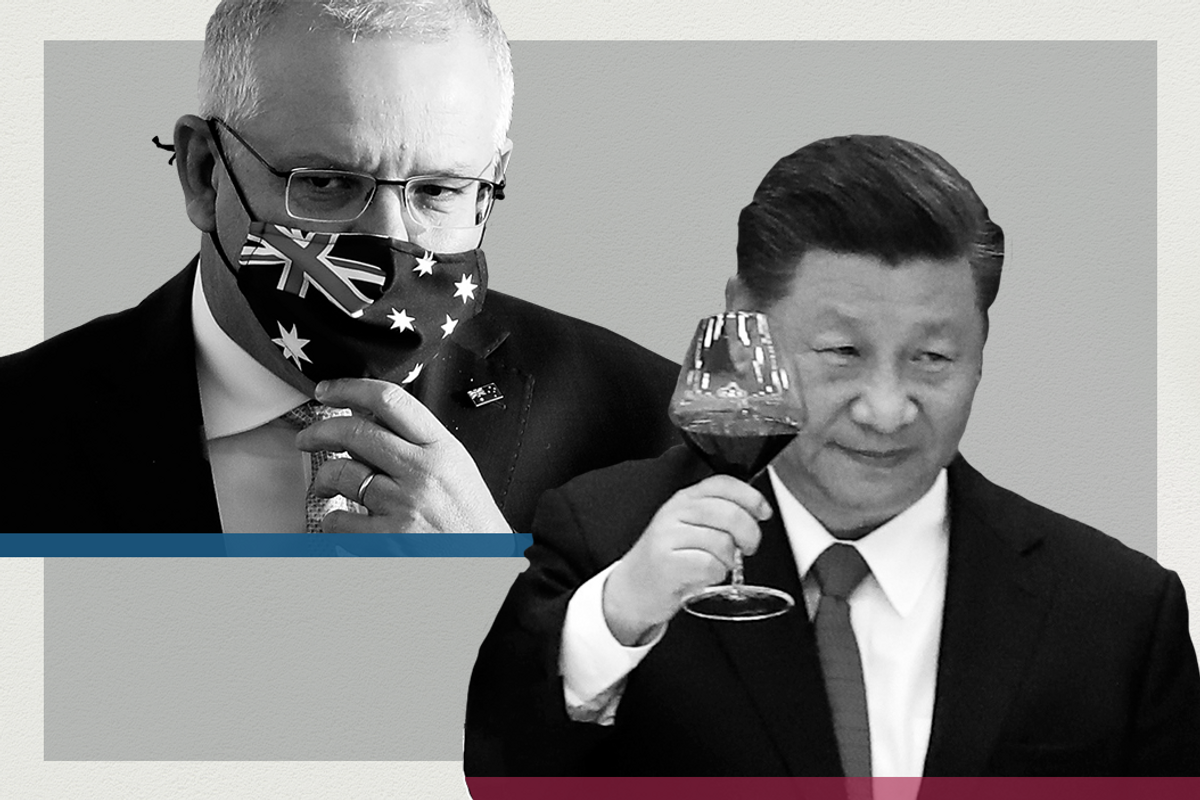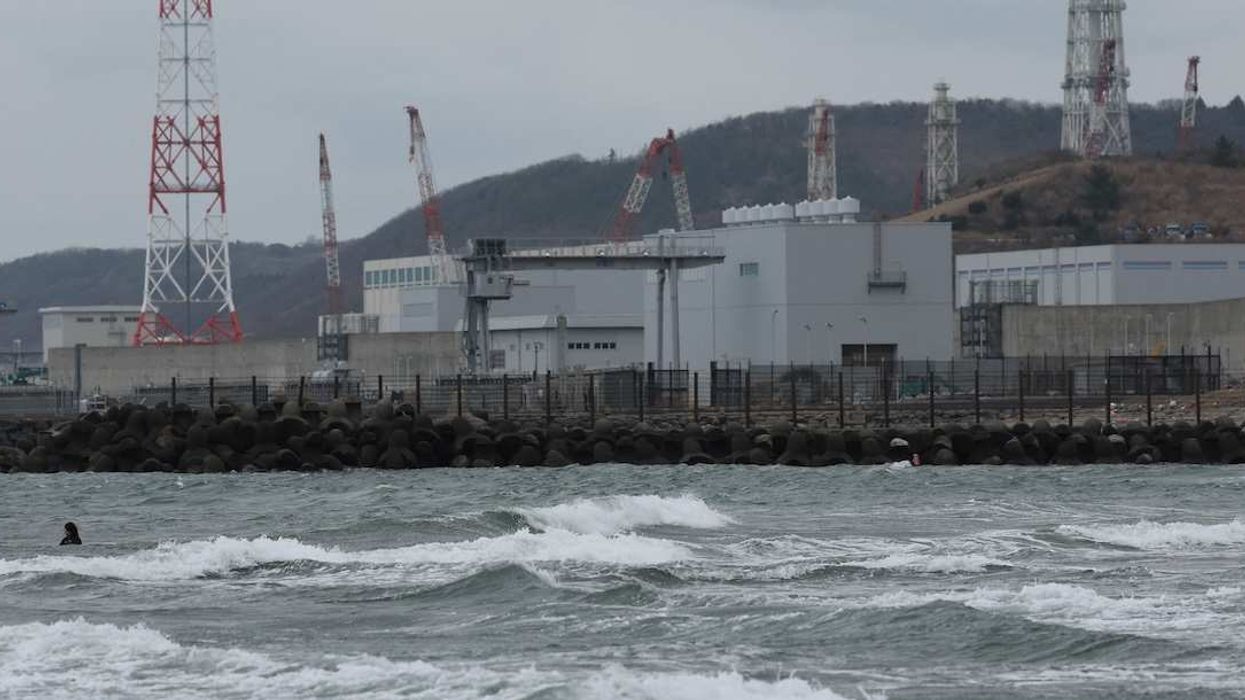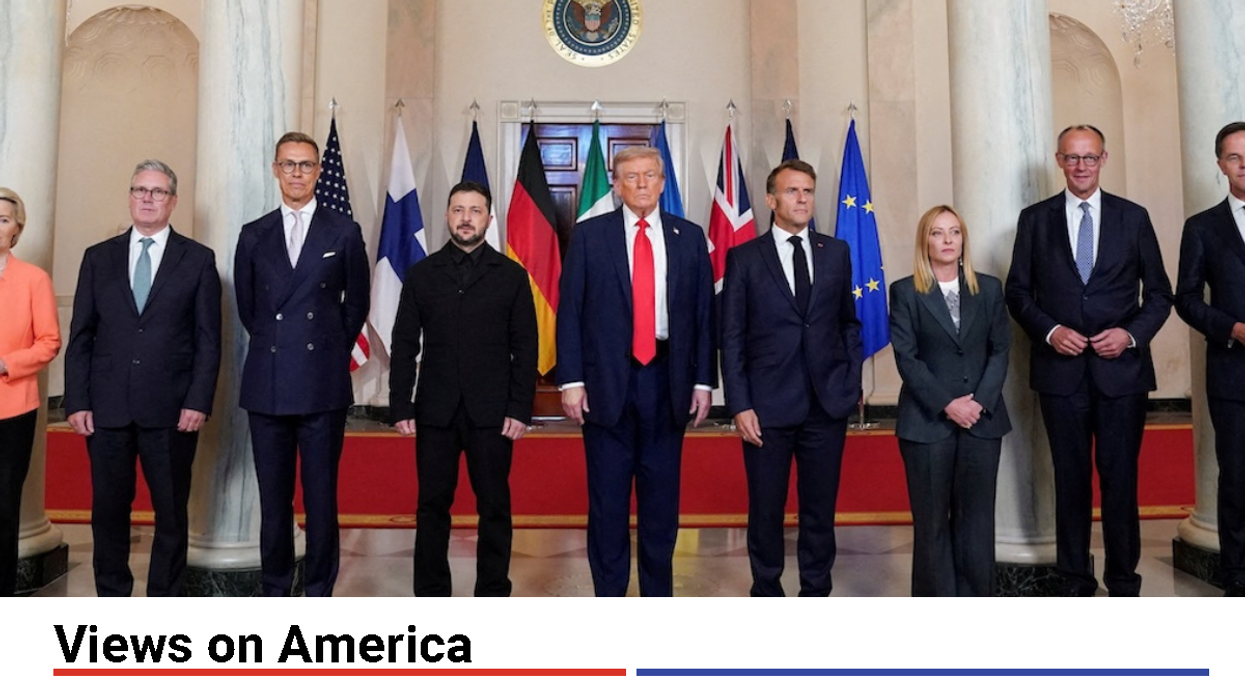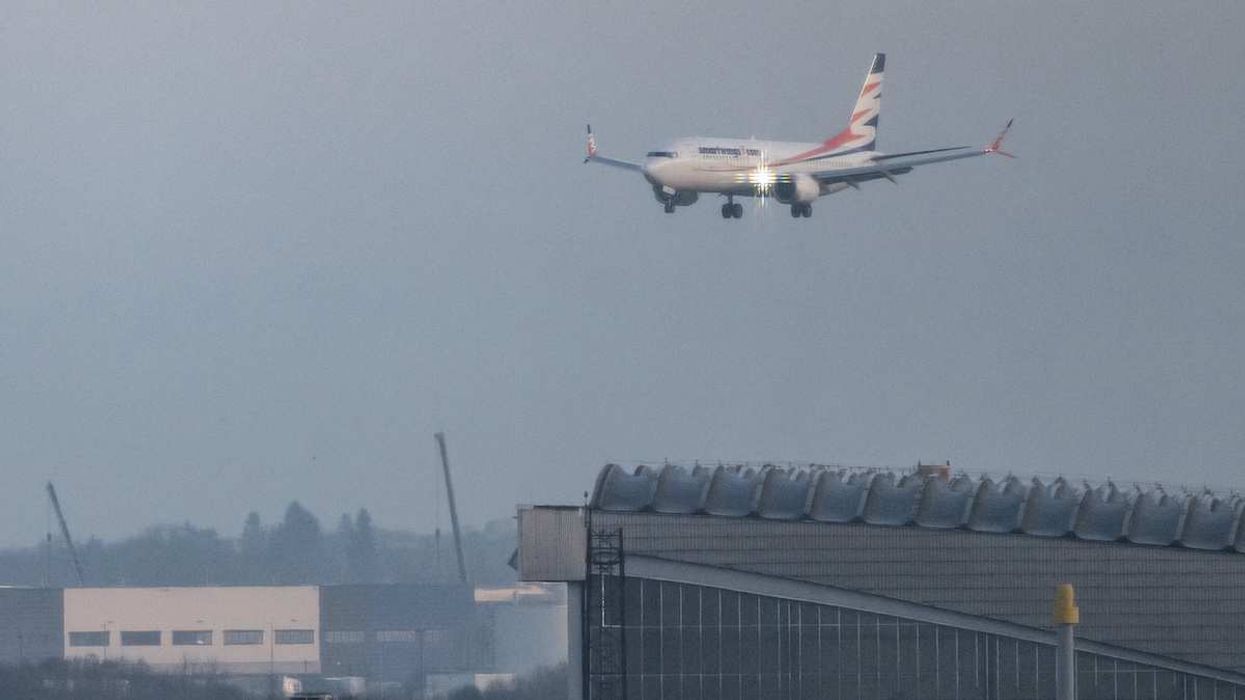Australia takes China to the WTO: Amid a deepening diplomatic and trade dispute with China, Australia has upped the ante by taking its case to the World Trade Organization to probe what it calls China's "discriminatory [trade] actions." The complaint relates to Beijing's decision to slap an 80 percent tariff on Australian barley, which has been pummeling Australian growers and producers. (China accuses Australia of "dumping" barley at a discounted rate; Australia says that's nonsense.) Australian Prime Minister Scott Morrison has sparred with Beijing over a range of issues, such as human rights, national security, and telecommunications. But what irked the Chinese the most was when Australia led the charge in calling for a global investigation into China's handling of the pandemic earlier this year, which prompted Beijing to slap tariffs on a host of Australian goods including wine, beef, barley, and coal that threaten about $20 billion worth of Australian exports. While the WTO filing is mostly symbolic, and the dispute could take years to adjudicate, the move is a significant escalation — and a risky one for Australia, which relies on China for 30 percent of its annual exports.
COVAX coming up short: Past pandemics have created a scramble for vaccines and relief supplies, and people in poor countries are often the last to get help. Created by the World Health Organization, the vaccines alliance GAVI, and the Coalition for Epidemic Preparedness Innovations, the COVAX project was designed to provide global equal access to vaccines as they are developed. Unfortunately, lack of adequate international support is crippling its chances of success. Short on funding, COVAX hasn't yet come close to locking up the 2 billion doses it hopes to provide by the end of next year. According to Arnaud Bernaert, who heads global health for the World Economic Forum, about 75 percent of the 12 billion doses expected to be produced globally by the end of 2021 have already been purchased by wealthy countries. Beyond the question of fairness, if COVID lingers in the developing world well into next year, it will continue to pose risks of again crossing borders.
Mexico targets US Drug Enforcement Agency : Mexico's parliament has passed a new law that aims to curtail the activities of foreign law enforcement agents operating in the country. Although it doesn't mention the US Drug Enforcement Administration by name, the law is viewed as a sharp rebuke of the DEA, active in Mexico for decades but often criticized for not sharing information with local security forces. DEA agents will now be required to share their findings with the Mexican government. What's more, this development also means that American agents will no longer have immunity from prosecution. The move — backed by President Andrés Manuel López Obrador, or AMLO — comes amid strained US-Mexico ties over the recent high-profile arrest of former Mexican defense chief Salvador Cienfuegos Zepeda at Los Angeles airport over alleged drug charges. (Though the general was soon released after corruption and drug charges were dropped when AMLO threatened to expel all DEA agents from Mexico.) As the Mexicans play hardball, we're watching to see how the Americans might react.


















